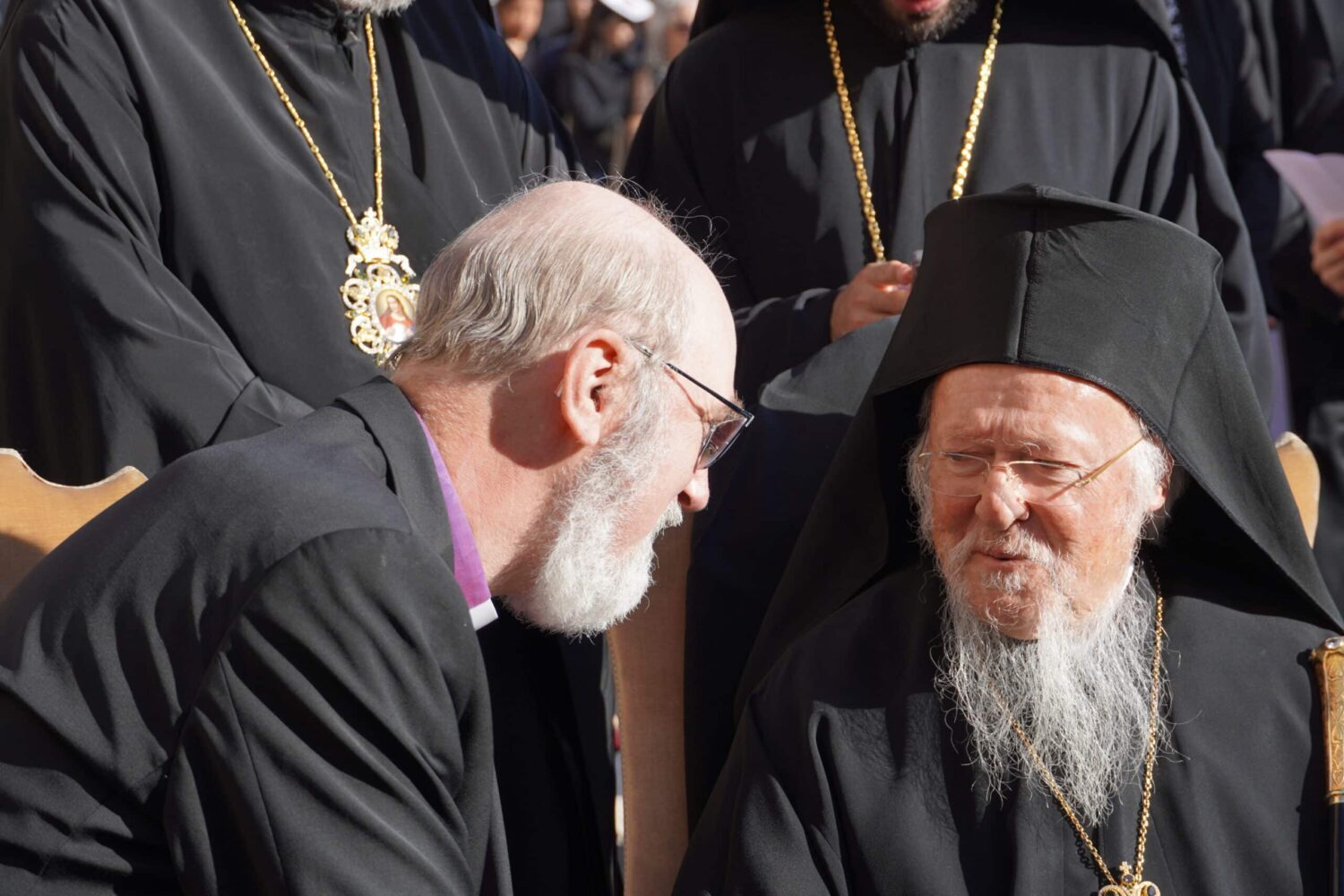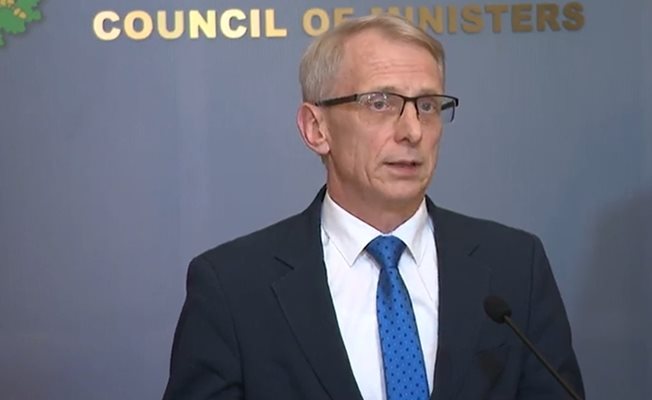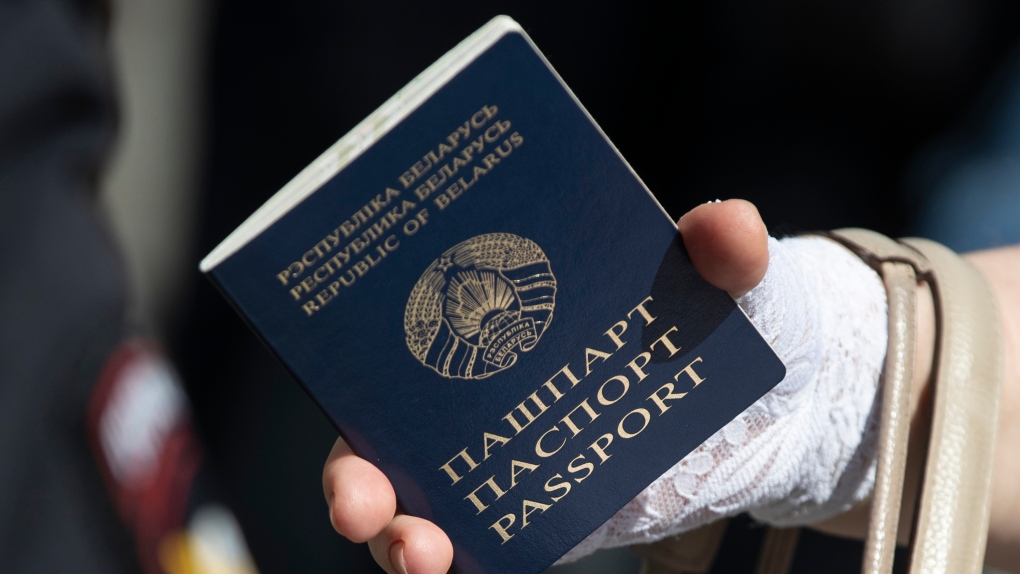On September 30, 2023, Pope Francis hosted an ecumenical prayer vigil in advance of the synod of Roman Catholic bishops that would begin on October 4. He invited church leaders from various denominations to join him in prayer. Billy Wilson of the Pentecostal World Fellowship, Elijah Brown of the World Baptist Alliance, and I prayed together with 17 other global Christian leaders from non-Catholic churches for the future of the world, the future of the church of Jesus Christ, and the upcoming synod of the Catholic Church. Of the Christian leaders present, roughly half represented the wider Protestant and Evangelical wing of Christianity, the other half the Orthodox and the Old-Oriental churches. Each of us prayed in our mother tongue.
Often, when I attend events like these, controversy arises. As a worldwide network of Evangelicals, our purpose is to represent our global community, to give voice to the Evangelicals we represent. This is true regardless of who offers the invitation. Evangelicals are seen as part of the global Christian community in the eyes of the wider world. This includes Muslim or secular states and organizations, which know all of us simply as “Christians.” To give any of them the impression that we are not part of world Christianity by distancing ourselves from other churches, and by refusing even personal friendship with their leaders, as some sects and cults do, might have devastating effects on our work for Christians suffering discrimination and persecution. On the other hand, we don’t treat this grouping of Christian communities as synonymous with what we understand as the true body of believers. We continue to have a distinct understanding of the gospel. Church membership is not to be confused with being saved.
Our understanding of the body of Christ goes beyond a church denomination or network. For example, there are millions of evangelicals who are not institutionally connected with WEA, for example because in some countries, the government does not allow them to start a national alliance. Moreover, many Evangelicals are within churches that do not belong to a national alliance. Also, in some countries, historic Protestant churches are members of our alliances; in other countries, where these denominations tend to be theologically more liberal, there continue to be large numbers of Bible-believing members within these churches. In my home country of Germany, roughly half of the evangelical believers belong to what we call “free churches“; the other half are active in a wide range of organizations within the Lutheran and Reformed churches.
I am also mindful that God’s spirit continues to be at work. While charismatic or “Spirit-empowered” movements play a vital part within the WEA, yet they transcend all denominational and confessional borders. They engage with non-Protestant churches and connect large numbers of believers in our camp with those in other churches. As we try to understand the ways of God and the movements of the Spirit, we would be wise to avoid trying to decide who is “us” and who is “them.”
Coming back to the event as discussed in the introduction, one might wonder why Evangelicals should be praying for the synod of the Catholic Church. Firstly, praying does not mean that I necessarily agree on any of their particular views or positions. At the same time, the outcomes of these two synods (2023 and 2024) might have a great influence on Christians worldwide. That in itself is good reason to pray. We all have a vital interest in changes the bishops will discuss, and we should pray that the deliberations will help to bring the Catholic Church more in line with the Scriptures. Before participating in the September 30 ecumenical prayer vigil, as we always do on such occasions, we checked the liturgy for joint public prayer to ensure that it was in line with our core beliefs and did not contain any specific confessional elements that we would find objectionable. We have not papered over our differences with the Catholic Church. On the contrary, we have described them openly and in great detail.
Our core desire is to see Christians everywhere unified in Jesus Christ. As we pray and work for unity for the whole church, unity will only come when we are centered in Jesus as described and witnessed by the Bible. Our vision and calling are clear: we speak for Evangelicals and seek to bless the world through our many national alliances by our witness, our public defense of the gospel, our solidarity in prayer and evangelism, and lifting up Jesus, in whose name alone is our salvation, to the world.














